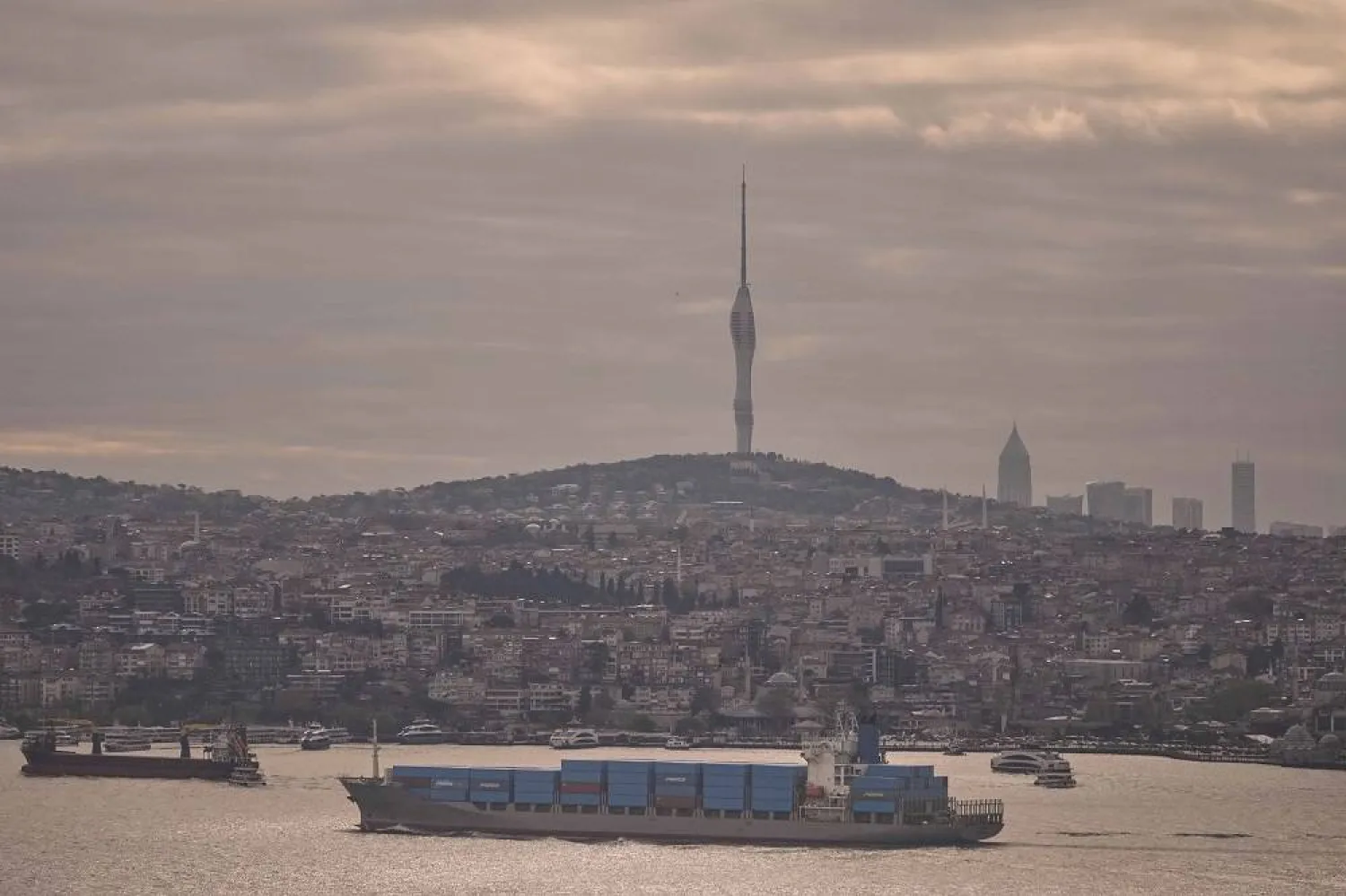President Recep Tayyip Erdogan said that Türkiye is not expecting a negative situation for its trade, production and exports as a result of US President Donald Trump's tariffs, which went into effect on Wednesday.
Türkiye is among the economies that escaped with the lowest "reciprocal" US tariff of 10% and is viewed as being among a handful of countries emerging as potential winners.
In a speech to his ruling AK Party lawmakers, Erdogan said Türkiye’s economic program had made it resilient to external shocks and that it expected stronger economic growth in the medium to long term compared to peer countries.
"There is serious uncertainty in the world, but there is a strong economic program that illuminates Türkiye’s path," Erdogan said. "We think that we will overcome this period more easily than many countries since we are one of the low-tariff countries."
He added that Türkiye’s disinflation process was continuing and that the spending discipline and savings measures which the government initiated last year will continue this year.
Türkiye, whose iron, steel and aluminium exports took a hit from earlier US tariffs, now stands to benefit as other global traders endure even higher levies.









